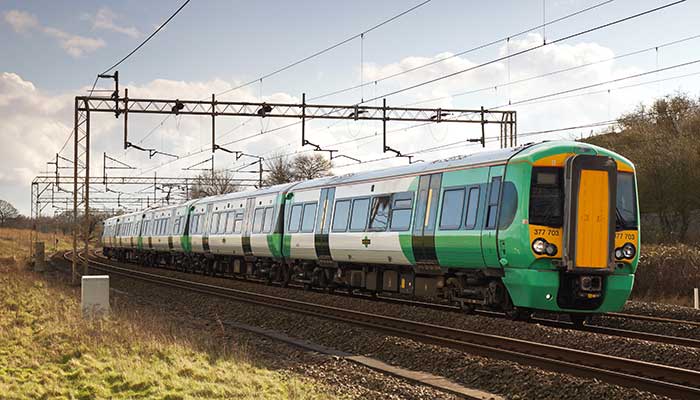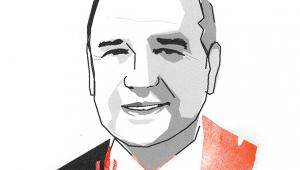
Photo: Shutterstock
With strikes bringing Southern Rail to a standstill, the reform to Network Rail announced by transport secretary Chris Grayling in early December have been forgotten quickly. They shouldn’t be – nothing frustrates passengers more than train operators and Network Rail passing the buck to each other when there are delays, and poor coordination remains a significant contributor to inefficiency – and, therefore, higher fares – on UK rail.
In a bid to tackle this, the transport secretary proposed that on existing lines Network Rail will devolve responsibility to the route level. Rather than making decisions on investments and improvements about the track centrally, local Network Rail managers will have the discretion to make decisions in combination with train operator managers. New franchises will be expected to have ‘integrated operating teams’ across track and rail.
At a basic level this makes sense. Stick the people responsible for running the trains in a room with the people in charge of looking after the tracks and tell them to talk to each other. The question is whether the operational structure will bite or whether the inherent incentives will steer the actors in a different direction. For instance, will a franchise company want to contribute to investments in the track or be ready to reduce service quality in the short-term while upgrades take place if the benefits cannot be captured by them during their contract period? Neither is it clear that it will make accountability any clearer. The passing of the buck is a well-rehearsed trope, with Network Rail and train operators blaming each other – and we still won’t know whose fault it is.
Overall, it’s probably worth a go and the downside risks are small, but the history of public sector management suggests that an invocation for people to speak to each other more is rarely sufficient (see also health and social care). Cynics might note that we already have the Rail Delivery Group, which has the task of bringing together interested parties including franchisees and Network Rail.
It is also a long way off from the ambition evident in parts of Nicola Shaw’s review of Network Rail, published in March 2016, which called for greater use of private funds in upgrades.
Thankfully, there may be scope to be more radical elsewhere. Grayling also announced his desire to reopen the line from Oxford to Cambridge, and to establish East West Rail as a ‘new and separate organisation’, in part so as to ‘operate the route as an integrated organisation’. This suggests vertical integration with one organisation responsible for both track and train. Here he seems to have learnt lessons from the successes of HS1, which is leased out on a long-term concession. This is more imaginative, and it may create greater innovation in terms of how land is used, how investments are made and how rail services are coordinated and run.
The big question here is whether other parts of the network should adopt this approach. Evidence shows that vertical integration is most likely to reduce costs on densely-used railways – this is logical because co-ordination costs rise more sharply as train density increases, and these co-ordination problems are harder to manage in vertically-separated networks. Accepting this argument suggests we should look to re-structure networks such as those in the Home Counties where the volume of trains is immense, so that one organisation has responsibility for track and train.
But, that I suppose gets us back to Southern Rail. And, such an idea might really give the unions something to worry about, given the claims they make about privatisation and its effects.




















